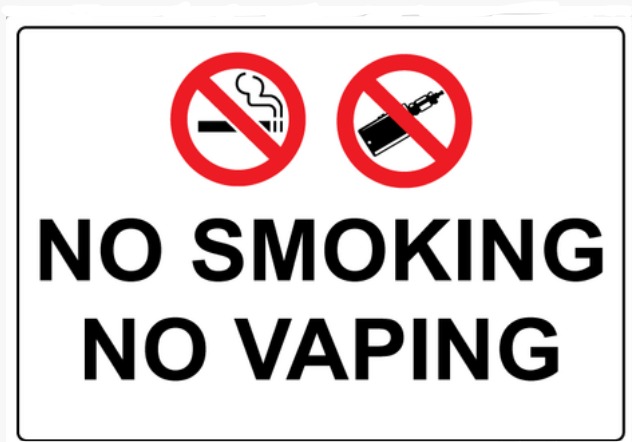FIRST tabled in Parliament on Wednesday (July 27), the Control of Tobacco Product and Smoking Bill – on top of being severely punitive and difficult to enforce – will result in job losses, business closures, severe social impact to the lower income group and potentially impacting the nation’s attractiveness as an investment destination due to restrictive laws.
Moreover, the Bill which encapsulates the Generation End Game (GEG) policy may even affect tourism activities due to wide enforcement powers that it granted which include the criminalisation of an individual as well as business owners, according to think tank Datametrics Research and Information (DARE) Sdn Bhd.
“While the Bill will only impact those born after 2007 with enforcement likely start in 2025, it has far more impact on the economy as a whole,” opined DARE’s managing director Pankaj Kumar. “The key concern among businesses would be granting authorised officers access to computerised data which also includes passwords under Section 34(4) of the Bill.”
The very fact that business owners or any corporate body can be held liable for various offences could have severe repercussions on investors’ confidence in doing business in Malaysia.
“Businesses may find it tough to implement certain provisions of the law and in some cases, it will increase compliance costs as well,” observed Pankaj.
“At the same time, company directors – similar to what we see under Section 17A of the MACC (Malaysian Anti- Corruption Commission) Act – can be held liable for offences carried out by their employees. Are we equating corruption to smoking-related offences?”
With higher compliance costs associated with the Bill, businesses may find it tough to remain profitable in an already tough economic condition. Vape and vaping products which have also been categorised as ‘smoking’ products under the Bill are likely to be the biggest casualty.
As an industry that is proliferating, employing more than 15,000 workers and 3,300 businesses, the Bill will see the growth of the vaping industry curtailed as it does not recognise vaping as Tobacco Harm Reduction (THR) tool, according to Pankaj.

“The industry which has a business volume of more than RM2.7 bil and employs mostly ethnic Bumiputeras risk being wiped out if the tobacco Bill presented in Parliament is passed,” he lamented.
“At the same time, the outright ban on the sale of tobacco products for those born after 2007 will result in the incidence of illicit cigarette trade rising from 58.4% as of March 2022 to as high as 61.7%, thus fuelling the size of the illicit market to jump to RM8.7 bil.”
“This will see the Government’s loss of revenue from the tobacco industry surpassing the RM5 bil mark,” added Pankaj.
He also drew a comparison between New Zealand’s GEG policy which coincidentally was presented in its Parliament the same as Malaysia tabled its Control of Tobacco Product and Smoking Bill.
“The key is punitive actions as the Malaysian Bill criminalises offenders while but the New Zealand Bill does not. Additionally, while the Malaysian Bill imposes a jail term for the sale of smoking-related products, the New Zealand Bill only goes to the extent of punishing offenders with a fine,” Pankaj pointed out.
“But the most critical differentiator is Malaysia’s move of not recognising vape products or vaping as tobacco harm reduction tools and bans them. In contrast, the New Zealand Bill recognises the role played by vaping products in achieving a lower smoking prevalence rate.” – July 29, 2022










